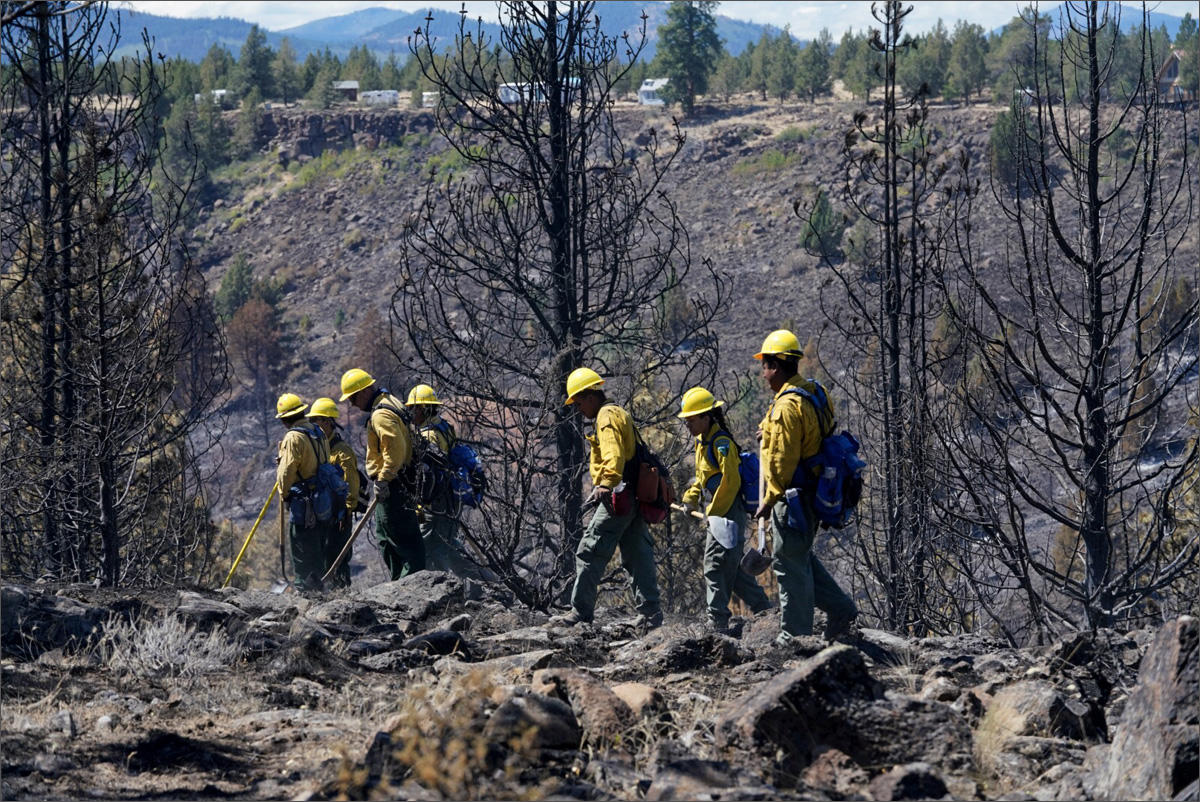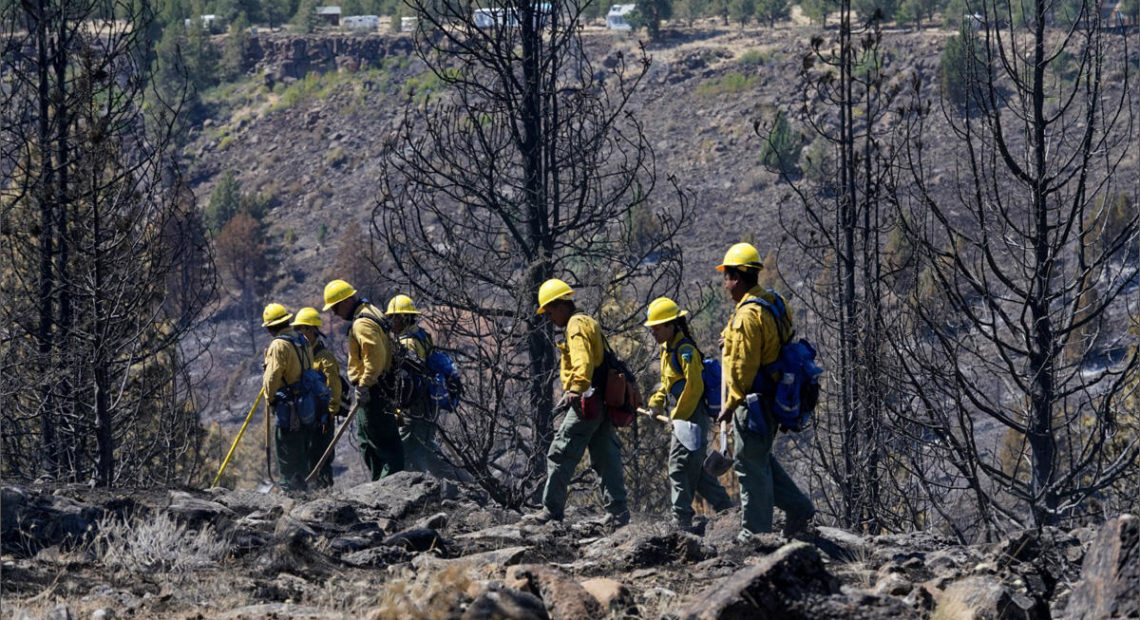
July In The Northwest: Warm Summer Nights And Big Fire Potential
LISTEN
From Bend, Oregon, to Ellensburg, Washington, there is a fire weather watch Fridayfor hot temperatures, low humidity and breezy weather.
Already this year, Washington state has seen more than 500 wildfires on state-protected lands. Oregon has seen nearly 400. That’s high for the first half of the year in both states. In fact, so far there have been 104 more fires on Oregon’s state-protected lands than compared to the 10-year average.
That makes it the second-worst year in a decade in terms of wildfire starts. And 2018 is already the third-worst year for acres burned in Oregon to date since 2008.
Washington Department of Natural Resources Fire Operation Chief Aaron Schmidt said three things happen in July that could make more frequent fires start to go big: There’s less humidity at night, not as much rain, and plenty of fuel.
“Our fuels become more cured, and the large fire potential increases,” Schmidt said. “And that does cause me to worry, or at least a heightened state of concern.”
Both Washington and Oregon position resources across the state for quick reactions to hopefully stay ahead of the fires. But Schmidt said sometimes there are just too many different fires burning, and the conditions are too tough to put out all of the fires or keep them small.
Copyright 2018 Northwest News Network
Related Stories:
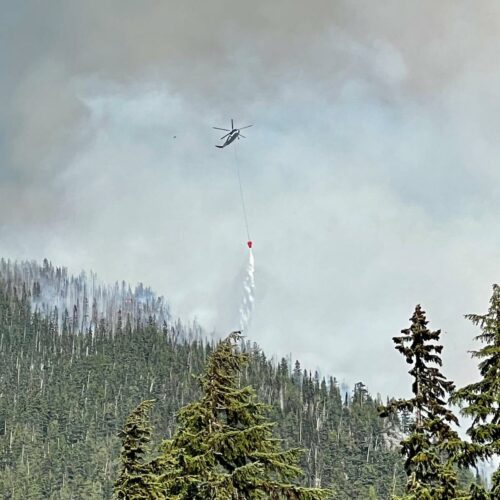
A new WA law aims to get air support on fires more quickly
In the past, if a local fire department needed to use air support from the state, crews had to go through multiple agencies before resources would be deployed. But with legislation that passed unanimously last session, they can now call the resources directly.
The legislation — House Bill 1498 — was called a success by the Washington State Department of Natural Resources. Crews kept most of the state’s fires under 10 acres with initial attack success from air support, according to the department.
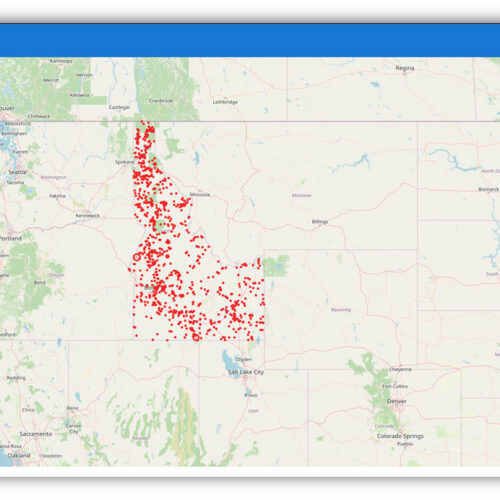
An enhanced database helps predict wildfires
Researchers from Idaho and Oregon participated in research to improve the Fire Program Analysis Fire Occurrence Database, or FPA-FOD, which contains historical data on more than two million wildfires in the United States. These improvements might be the key to better predicting wildfires in the Northwest.
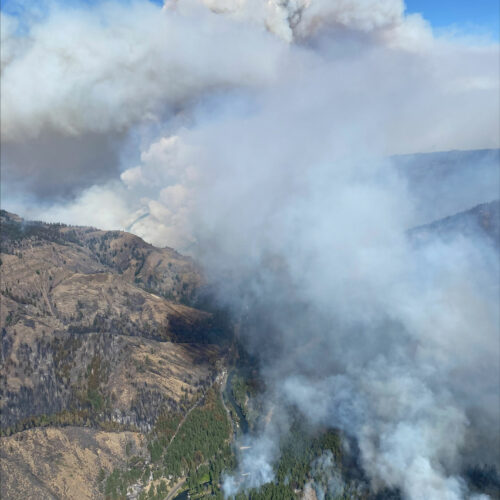
Intense fire week forces road closures and evacuation notices in WA
Fire crews continue firing wildfires to keep on high alert in the Northwest.

